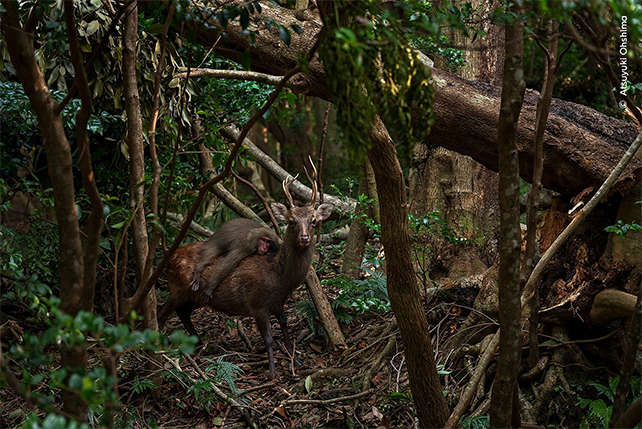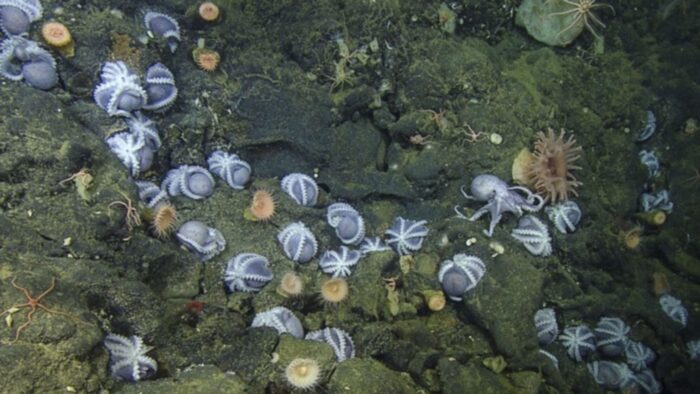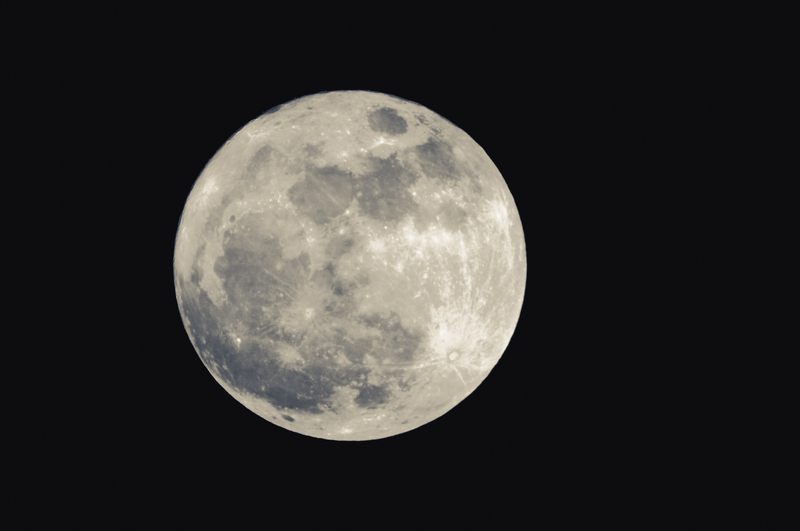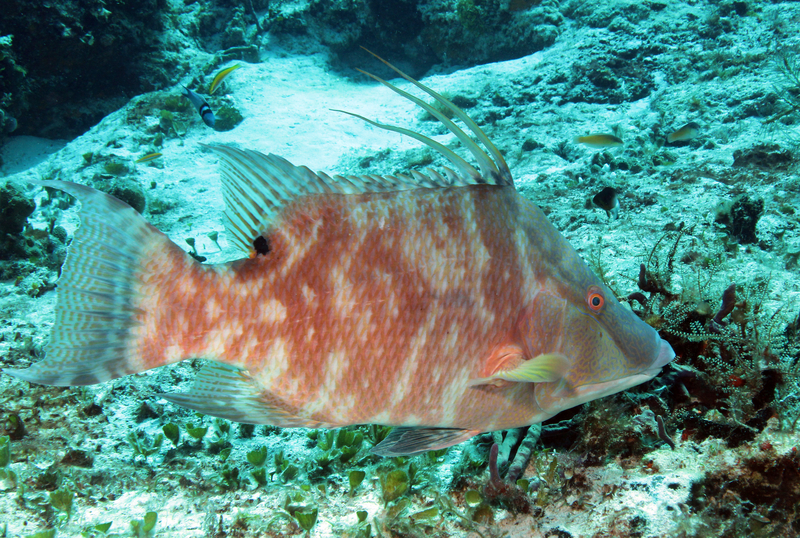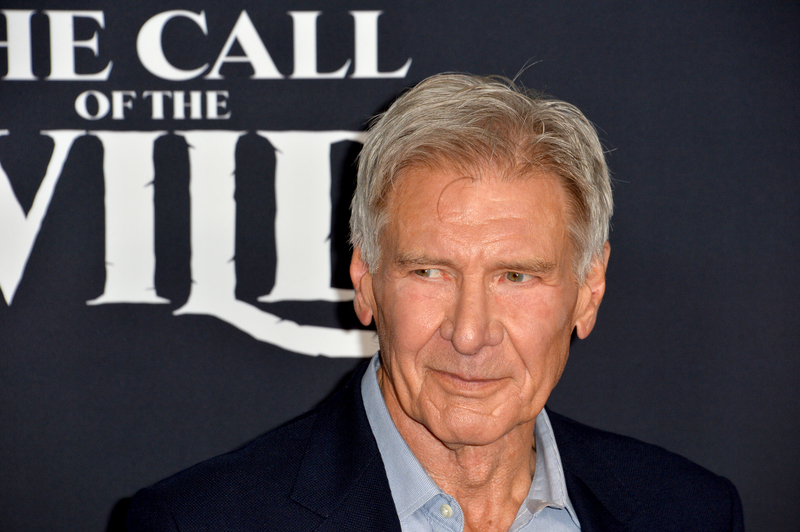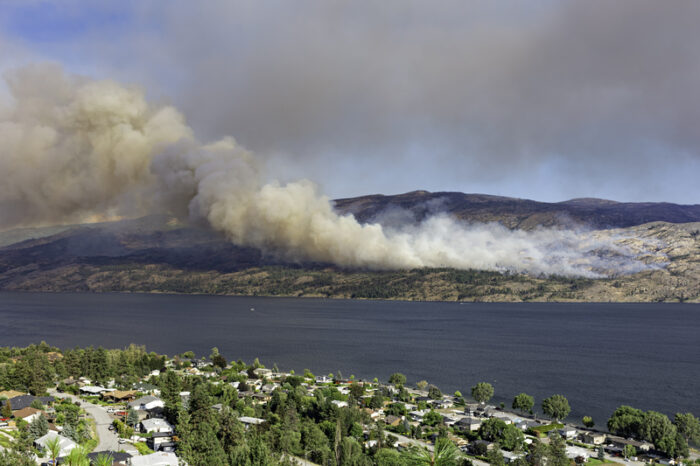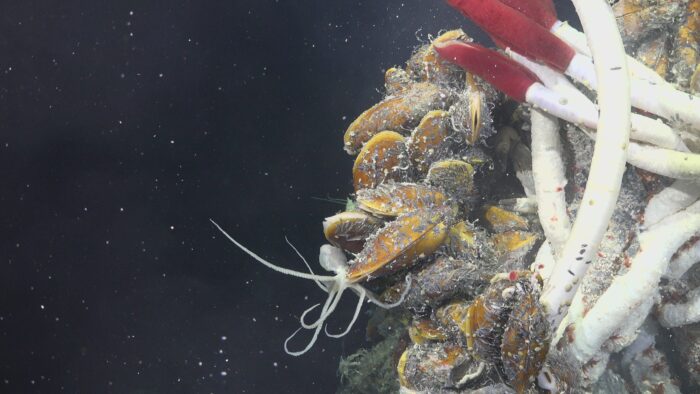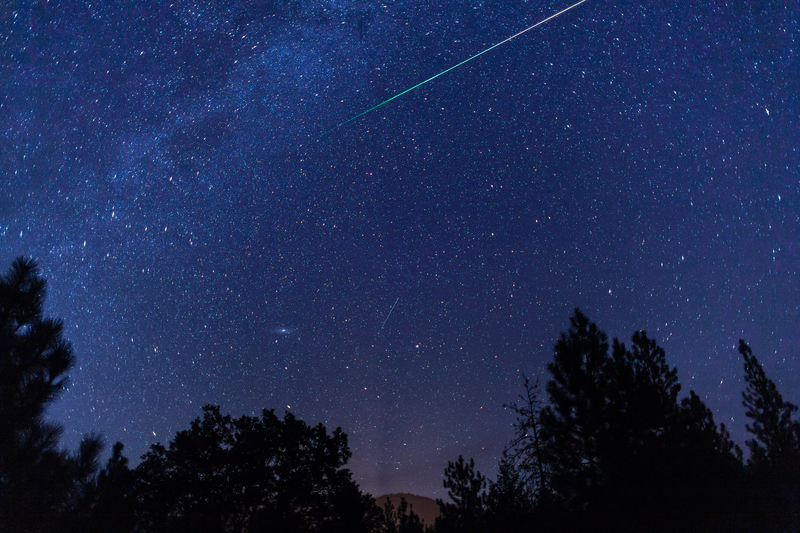On Monday, August 9, the UN's Intergovernmental Panel on Climate Change (IPCC) released a brand new report on the state and future of Earth's climate.
It is a report that you may have heard some people speaking about. You also may have heard people say that the news it delivered about the climate was not so good.
We know that many of our readers—and young people in general—take climate issues seriously. We do, too. So we think it's important to take time to speak about what the message of the report was—and also what positive things we can take from it.
Because these positive messages do exist!
What is the IPCC?
The United Nations headquarters in New York City. (Getty Embed)
The Intergovernmental Panel on Climate Change was formed in 1988. It is a group run by the United Nations who interpret climate science so that people can understand it as well as possible. In particular, it exists so that world leaders can a) know what the dangers are, and b) decide the best possible way to address these problems.
In other words, they don't do any studies themselves. That work is done by thousands of scientists around the world who measure and observe climate data in very specific areas. Then, the IPCC takes all of this data and makes larger sense of it all.
They are there to give us the big picture about climate.
What is this report?
The official name is Sixth Assessment Report, and it is a doozy. It is 4,000 pages long, with information from 14,000 studies, which is drawn from the work of hundreds of scientists from 66 nations. And it's not even the entire report!
What arrived on August 9 was just the first of three sections: Working Group I: Climate Change 2021: The Physical Science Basis. There are two more reports coming in 2021 from two other working groups, then a final synopsis report to tie everything together.
This might be a great time to watch a video that helps explain this process a little more, right? So if you like, give this a watch right now, and then we'll continue!
What does the report say?
So, now you know what the IPCC is and what this report is meant to do. But what about what the report actually says about the climate?
In a report of 4,000 pages, you can be sure that there is probably too much to completely summarize! But the short of it is goes like this:
- Climate change is real and has already begun
- Though the effects aren't exactly the same everywhere, it is affecting all areas of the planet
- Some of the most dramatic effects of climate change are the water cycle (intense rainfall in some areas, drought in others), rising water levels, thawing permafrost, heat waves, and changing ecosystems
- It was definitely caused by human activities, particularly in how our way of living produces carbon and other greenhouse gases
- Immediate action needs to be taken to avoid harsh consequences in the future
This list may not seem like news. We have been hearing about these things for a long time. But the report does bring something new to the mix.
Certainty.
Clear and without a doubt
On the day that the report was released, New York City was experiencing unusual flooding on its streets. (Getty Embed)
Scientists may seem very certain about stuff. They're the experts, right? But in truth, they sometimes steer away from saying something is 'definitely' or 'completely' one way or another. That's because their research tells them that everything in the world happens in very complex ways and that all sorts of things go into making global change.
So for them to say that climate change has 'unequivocally' been caused by human activity is a big, big deal. They are saying that there is no doubt about how this has happened.
So what is the good part? Well, when you know exactly how a problem happened, then you know how to fix it.
And while no one is saying that changing the world's power sources, food sources, transportation, economy, and more will be easy, the message is clear that there are no other explanations about what is happening to the Earth and why.
Down to the detail
More frequent wildfires—such as these ones in Greece—are a clear sign of the effects of climate change. (Getty Embed)
Another thing that makes this such a great document for change is that it is extremely detailed. (This is where all of those 4,000 pages come in!) In the past, some people could claim to be surprised by how the world was changing. Sure, more droughts are coming or more rainfall, but which one will we get?
Though it's impossible to predict everything, this report has information for every part of the world—in terms of what is happening now and what to expect in the future. This means that world leaders will be better able to plan for what is coming so that they can protect their citizens, wildlife, agriculture, and more.
More accurate information should mean more accurate planning.
Up to us now
The actions of governments and activists are going to be very important moving forward. (Getty Embed)
Of course, none of this information matters if people don't respond. The report points out pretty squarely that the world is warming and will stay hot for a while now, no matter what we do.
But.
The warming trends can be halted and even reversed in a few decades if humanity really responds. This is where the report gives us its final gift. It really puts clear pressure on world leaders to make the changes necessary. Many of these leaders have already responded to the report, making the upcoming UN Climate Change Conference in November a really important event.
Here at OWLconnected, we have spent a lot of time reporting on exciting new green technology, as well as inspiring climate activism, especially by young people! (You are all so awesome!) If you would like to revisit some of these stories, here are a few helpful links.
Let's keep the conversation about the climate alive together.
- Carbon-eating algae curtains
- Carbon conversion technology
- Photosynthesis as a fuel source
- Transparent solar panels and solar fuel
- What is green energy?
- Activist Charlene Rocha
- Activist Greta Thunberg's story and her carbon-free Atlantic journey
- Activist Alexandria Villaseñor
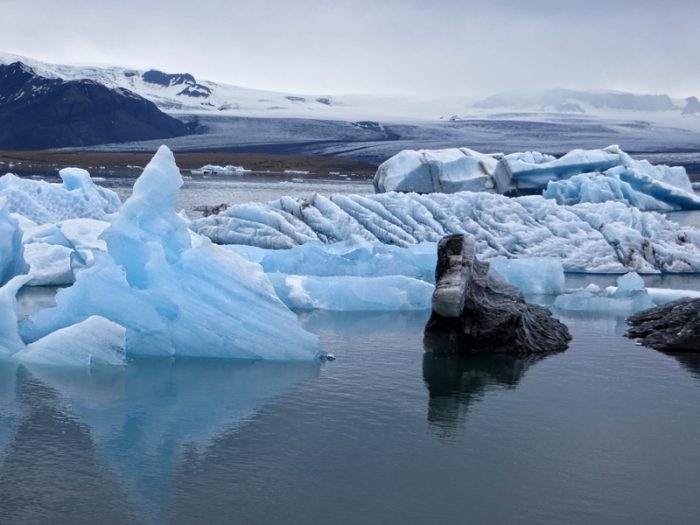 The new report is the most detailed document ever on the Earth's changing climate. (ID 75539550 © Biserko | Dreamstime.com)
The new report is the most detailed document ever on the Earth's changing climate. (ID 75539550 © Biserko | Dreamstime.com)
